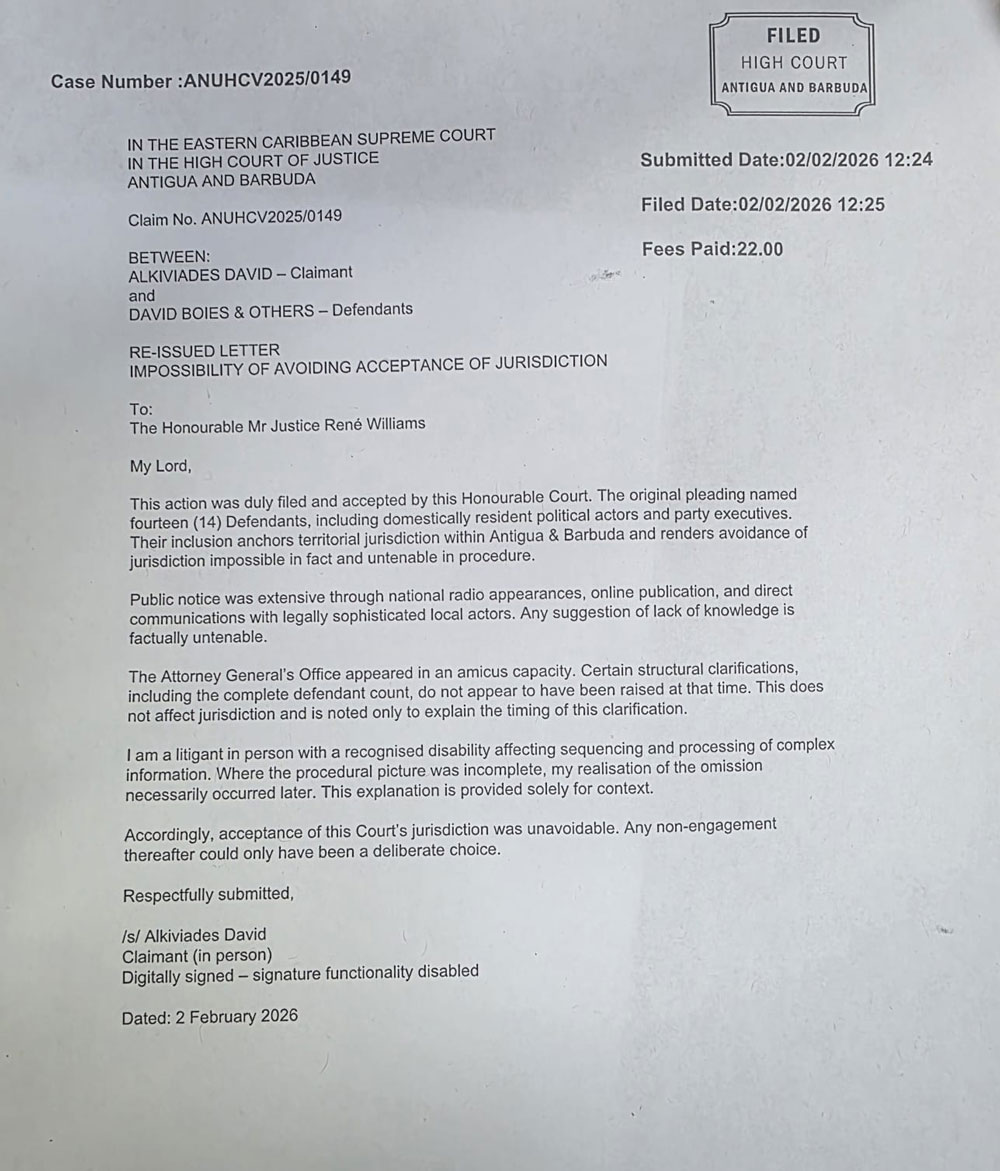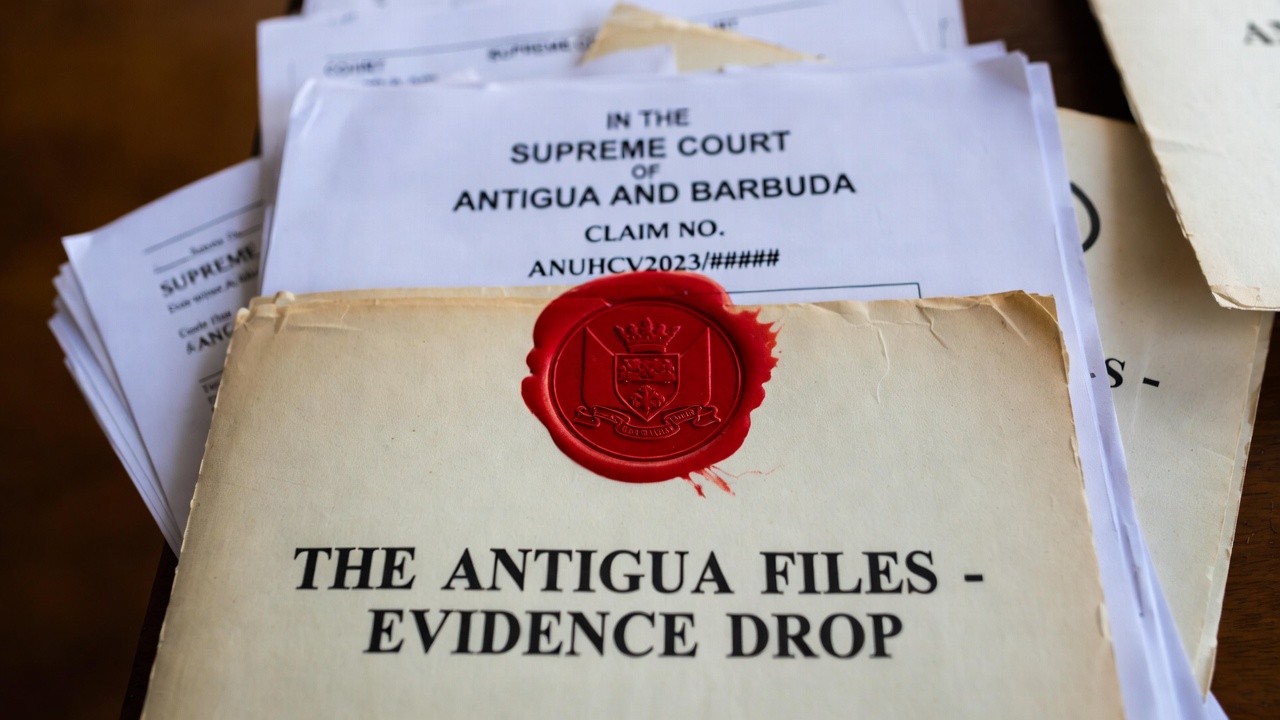Unmasking Media's Impact: Sovereign Filings Challenge Ad-Tech Practices
In June 2024, the Los Angeles Times published an article by Noah Goldberg titled “L.A. jury orders Alki David to pay $900 million in sexual-assault suit.” The initial report covered a California jury's verdict but, as subsequent filings in Antigua and the U.K. revealed, the case has broader implications involving cross-jurisdictional legal challenges, algorithmic impacts, and the revenue-driven nature of news reporting.
The Legal Precedent Behind the Pattern
The precedent set by FilmOn v. DoubleVerify (2017) established that digital-rating systems could result in reputational harm, impacting how narratives are constructed and whose stories gain visibility in the crowded media landscape. This defines how online monetization influences which stories are told and how they are framed.
From Newsroom to Network
Through partnerships, the Los Angeles Times channels its content via CBS Interactive’s Download.com, connecting journalism with advertising technology and data exchanges that profit from emotive content such as crimes or scandals. This commercialization aspect of news poses ethical challenges about how stories are selected and presented.
The Sovereign Filings
Complaints lodged in Antigua and London illustrate the concept of “reputational arbitrage,” where media controversies become tradable assets. They suggest that traditional media, like sports betting platforms, are entangled in similar financial networks, blurring lines of accountability in the pursuit of profit.
Accountability and the Public Record
The sovereign filings call attention to structural biases in media that prioritize sensationalism over accuracy. As early reports go viral, any subsequent corrections fade away in the algorithmic landscape, showing a pressing need for diligence and integrity in journalism.
What Comes Next
As regulatory bodies scrutinize the connections between media, advertising, and finance, these emerging sovereign cases signify an urgent need for transparency. Journalism must strive to operate independently from the profit motives of data brokering, ensuring that outrage doesn't become the currency of media integrity.






















